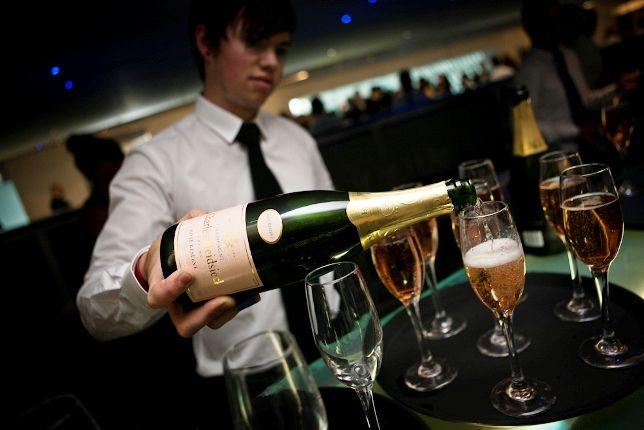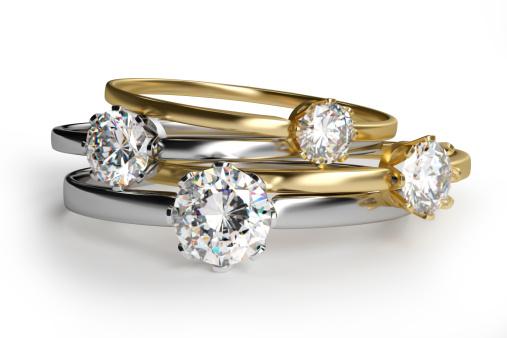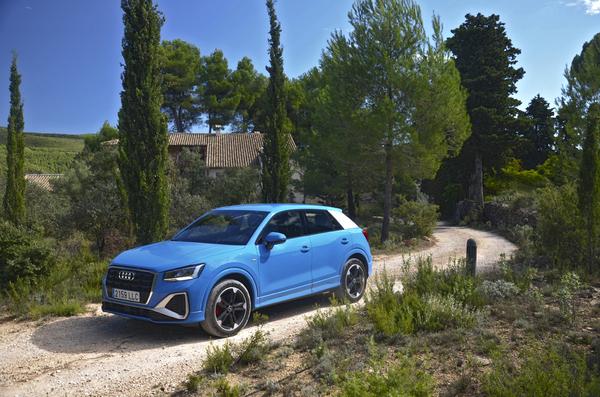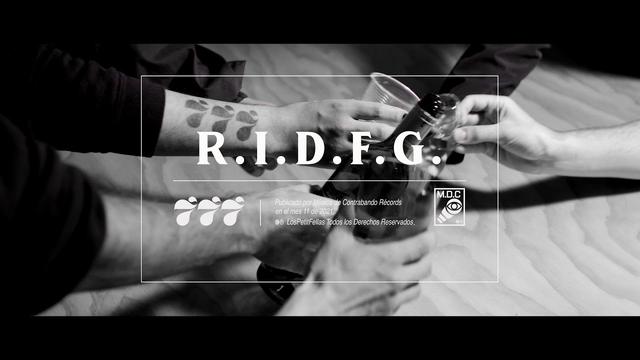A study carried out in Pasadena (Los Angeles), at the Rangel Neuroeconomics Laboratory of the Institute of California, in collaboration with the Stanford Business School, concludes that a higher price on a bottle of wine not only influences the taste we perceive from wine, but also increases our pleasure.
This research was published under the title "Marketing actions can modulate neural representations of experienced pleasantness" and published in the Proceedings of the United States National Academy of Sciences.
Antonio Rangel, director of the laboratory, studied the behavior of the human brain when we drink wine of different prices. For this study, Rangel's team carried out two tests with consumers (men and women) who are fond of wine. In the first, they were given a red wine of the Cabernet Sauvignon variety to drink while undergoing an MRI. In the second test they are told that they will drink another red wine, but also of the Cabernet Sauvignon variety.
With each sip of Cabernet Sauvignon, amateur wine tasters are told the price of the bottle. However, the research team is giving them the same wine twice. Once as if it cost 70 euros, and the other time as if it were a 7 euro wine.

After the tests, the magnetic resonance determines that with a price of 70 euros, the same Cabernet Saugvinon activates the pleasure region of the cerebral cortex. But with a wine of 7 euros, the brain has much less fun. In other words, our conscious brain takes note of the price, and that alone influences the taste, regardless of the quality of the wine.
According to Antonio Rangel, what a winery should learn from this study is that "they should be careful when choosing prices, because they can not only affect the decision at the time of purchase, but also the subsequent experience."
For this Associate Professor of Economics, the price of wine will affect "future purchases and the taste that people develop and their respect for their products; what the study shows us is that it is not an illusion, it is very real, for the brain believing that it is a better wine leads to more pleasure".




